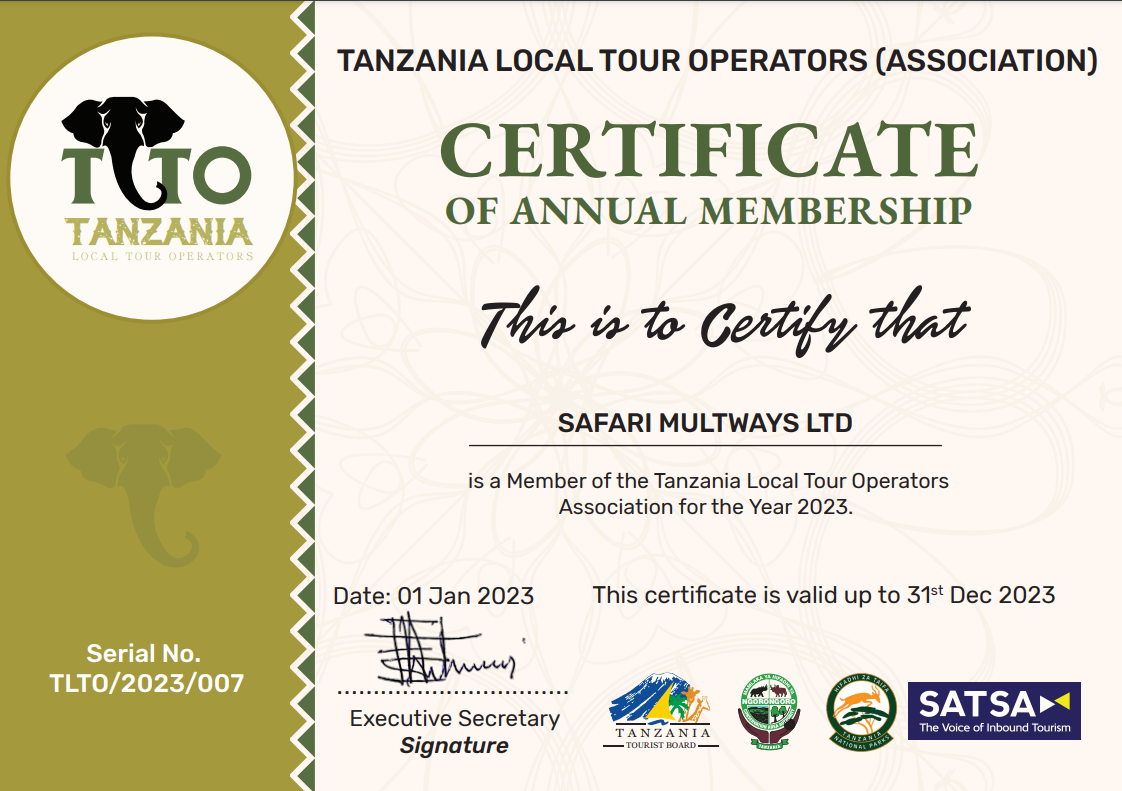The Ultimate Kilimanjaro Climb: Discover the Cost of Conquering Africa’s Highest Peak
Unveiling the Challenge: Scaling Kilimanjaro’s Majestic Heights
Mount Kilimanjaro, the highest peak in Africa, stands at a majestic 19,341 feet above sea level. The snow-capped summit of this iconic mountain lures adventurers and thrill-seekers from around the globe, eager to conquer its formidable heights. Scaling Kilimanjaro is not just a physical challenge, but a mental and emotional journey that tests one’s resilience, determination, and strength.
The climb up Kilimanjaro takes you through five distinct climate zones, from the lush rainforest at the base to the arid alpine desert near the summit. Along the way, you will experience breathtaking landscapes, encounter diverse flora and fauna, and immerse yourself in the rich culture of Tanzania. The climb is not technically difficult, but the altitude and unpredictable weather make it a formidable challenge even for experienced hikers.
Reaching the summit of Kilimanjaro is a once-in-a-lifetime achievement that offers unparalleled views of the African savannah stretching out below. Standing on the roof of Africa, you will feel a sense of accomplishment and awe at the beauty of the natural world. However, the journey to the top of Kilimanjaro is not without its risks and challenges, including altitude sickness, extreme weather conditions, and physical exhaustion.
Financial Ascents: Calculating the Price of Climbing Kilimanjaro
Climbing Kilimanjaro is not just a physical and mental challenge, but also a financial one. The cost of conquering Africa’s highest peak varies depending on a number of factors, including the route chosen, the length of the climb, the level of comfort desired, and the services included. On average, climbers can expect to pay anywhere from $1,000 to $5,000 for a guided trek up Kilimanjaro.
The main expenses involved in climbing Kilimanjaro include park fees, guide and porter fees, equipment rental, accommodation, meals, and transportation. Park fees range from $60 to $100 per day, depending on the route chosen, while guide and porter fees can add up to several hundred dollars for the duration of the climb. Equipment rental, including tents, sleeping bags, and trekking poles, can cost anywhere from $100 to $500, depending on the quality of the gear.
Accommodation on Kilimanjaro ranges from basic tents to luxury lodges, with prices varying accordingly. Meals are typically provided by the trekking company and can range from simple packed lunches to gourmet dinners. Transportation to and from the mountain, as well as airport transfers, are additional expenses to consider when budgeting for your Kilimanjaro climb.
In conclusion, climbing Kilimanjaro is a challenging and rewarding experience that comes with a price tag. By carefully planning and budgeting for your climb, you can ensure a safe and enjoyable journey to the top of Africa’s highest peak. The cost of conquering Kilimanjaro may be high, but the memories and sense of accomplishment you will gain from reaching the summit are priceless.



